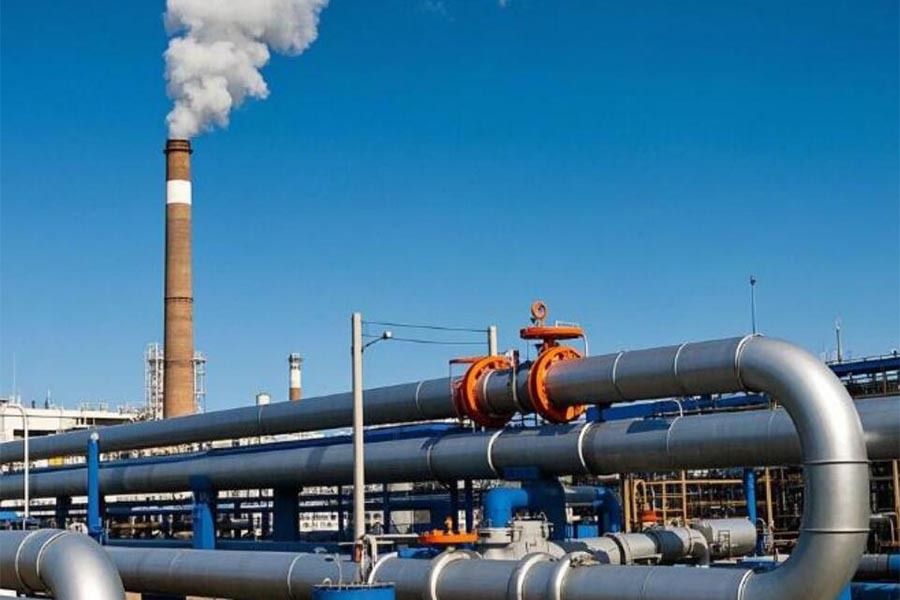Tankers: key transporters of marine oil streams
Release time:
2021-11-12
Tankers, as the core force of maritime transportation, bear the heavy responsibility of long-distance transportation of global oil and refined products.
Tankers, as the core force of maritime transportation, bear the heavy responsibility of long-distance transportation of global oil and refined products. They not only carry the economic lifeline, but also involve complex structural design and strict safety standards. This paper will explore in depth the classification, structural characteristics, equipment systems of oil tankers and their key role in the global energy supply chain, and expand on the similarities and differences between oil tankers and other types of ships.
As introduced in Transportation Management, tankers, also known as oil tankers, are ships specially designed to transport oil in bulk. This type of ship occupies an important position in ocean transportation. According to the type of oil it transports, oil tankers can be divided into two categories: crude oil tankers and product oil tankers. Crude oil tankers are mainly used to transport unprocessed crude oil, due to the single type of crude oil and large transport volume, so crude oil tankers can usually achieve economies of scale and reduce transport costs. The tonnage of this type of ship is large, and the design focuses on stability and efficiency. Finished oil product ships are mainly used to transport refined petroleum products, such as gasoline, diesel fuel and so on. Due to the wide variety of refined petroleum products and different conditions of port equipment, refined petroleum product ships are generally smaller than crude oil ships and more flexible to adapt to different transportation needs. In addition, refined oil product ships need to give special consideration to the prevention of oil product leakage and mixing in their design and operation to ensure safe and environmentally friendly transportation. Overall, as a kind of liquid cargo ship, the design and operation of oil tankers need to strictly comply with international and domestic safety and environmental protection standards to ensure efficient, safe and environmentally friendly oil transportation.
Tankers, also known as oil tankers, are liquid cargo ships specialized in carrying oil in bulk. Tankers are extra-large and large ships in ocean transportation, generally divided into crude oil tankers and product oil tankers. Crude oil tankers due to a single type of oil, larger tonnage, can achieve economies of scale; product tankers by the batch of goods and port equipment conditions, generally smaller than the crude oil tankers.
More information




